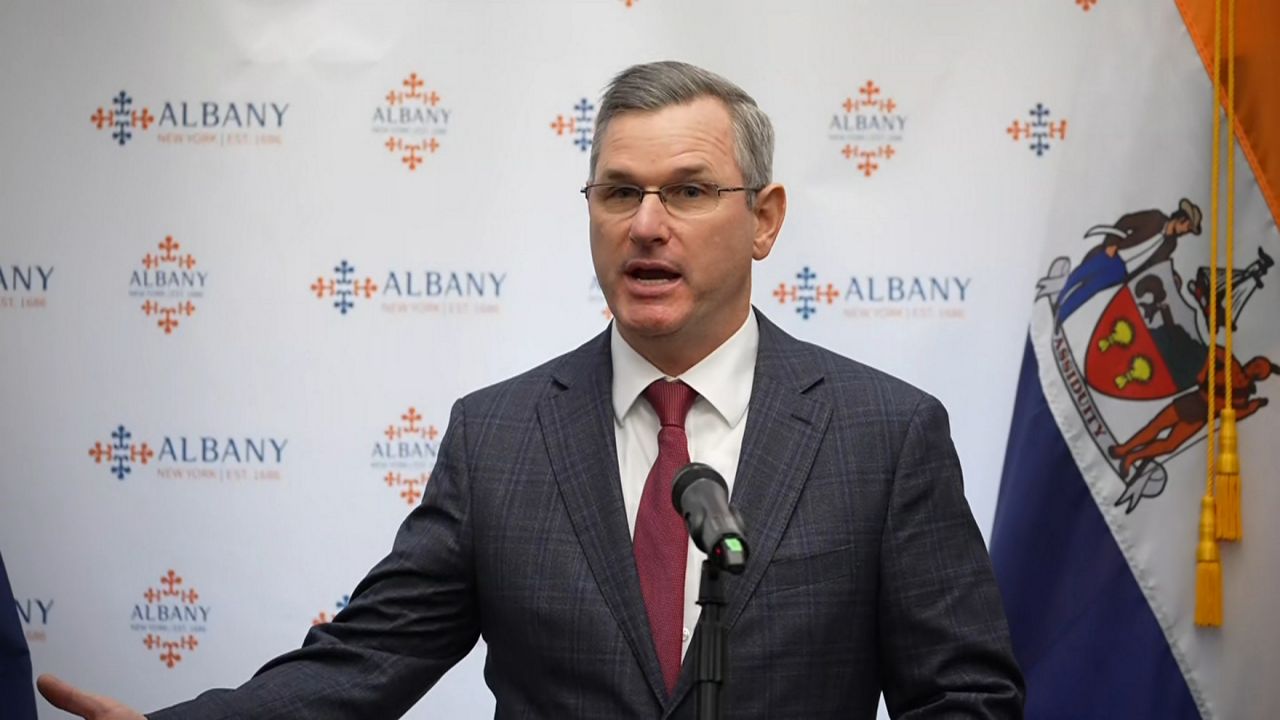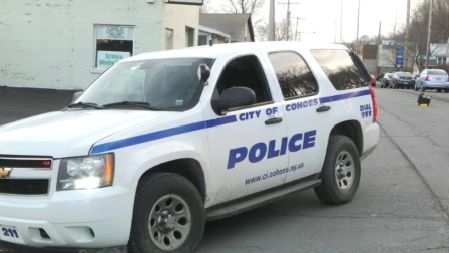Eleven-year-old Marquan dreams of becoming a rapper. But right now, the future of creative freedom for artists like Marquan awaits a crucial decision.
Will song lyrics continue to be allowed as evidence in criminal cases?
Marquan and other young rappers like Dauda Mohamed Kanneh, who work with Lyricism 101 through the Boys & Girls Clubs of Albany, have found writing lyrics is a fun and healthy way to handle feelings.
What You Need To Know
- Two New York senators have introduced legislation that would prohibit prosecutors from using an artist's lyrics against them in court
- Creativity turned criminal in 2018 for Rochester rapper Randy Ross
- Charges were later dropped against Ross, but he lost his job and spent time in jail
“It’s a way of expressing myself, my life and what I’ve been through, and everything around me. Some things are good, some things are bad, but nevertheless, they’re my ideas,” said Kanneh.
In the battle for creative expression, rap is the main focus, but the discussion is happening among musicians in all genres.
Singer and guitarist Matt Malone has been creating music for nearly two decades.
"There should be no rules when it comes to any kind of art,” said Malone. “It’s kind of scary to think about sometimes.”
Before he nails down the notes and crafts the chords, before he even picks up his guitar, he begins by taking pen to paper.
“As far as the way I write lyrics, it's kind of just letting go of all inhibitions and letting it all run out of me, and if somebody were going to say, 'you cant write about that,' and stifle that process ... it could be pretty critical,” said Malone.
Creativity turned criminal in 2018 for Rochester rapper Randy Ross, who was arrested for his lyrics about a school shooter. Charges were later dropped, but Ross lost his job and spent time in jail.
“These types of anti-rap attitudes really demonstrate bias in our legal system,” said Senator Brad Hoylman.
Hoylman and Senator Jamaal Bailey said they hope to prevent bias with new legislation “Rap Music on Trial.” Prosecutors would not be able to use an artist's lyrics against them in court without clear and convincing proof there is a literal, factual nexus between the lyrics and facts of the case.
“There’s no New York without art, whether it’s provoking or inspiring or whether its beautiful or crude, or in some cases disturbing,” said Hoylman.
For Kanneh, his immediate sights are set on a record deal, but he's driven to protect freedom of speech, and his words might just place him front and center on a different stage.
“When I’m done, I’ll probably run for mayor,” said Kanneh.
Hoylman hopes to get the bill through committee as early as this month.









